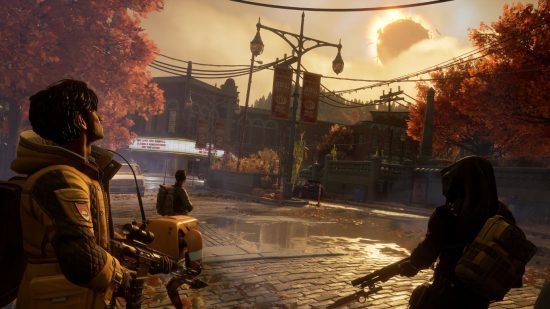Denuvo has come forward and talked about public perception of its DRM anti-cheat software, which many gamers dislike for alleged videogame performance downgrades and PC issues. The software can be found in many new PC games on Steam, with it built into the likes of Street Fighter 6, Redfall, and many more.
Denuvo was acquired by software company Irdeto in 2018, and Irdeto COO of videogames Steeve Huin has now spoken out about the anti-temper technology in an attempt to set the record straight about public perception.
“In the pirating/cracking community, we’re seen as evil because we’re helping DRM exist and we’re ensuring people make money out of games,” Huin says.
“Anti-piracy technologies is to the benefit of the game publishers, [but also] is of benefit to the players in that it protects the [publisher’s] investment and it means the publishers can then invest in the next game,” Huin continues “But people typically don’t think enough of that.
“Whether people want to believe it or not, we are all gamers, we love gaming, we love being part of it. We develop technologies with the intent to make the industry better and stronger,” Huin tells Ars Technica.
This year Redfall launched with Denuvo, as did Street Fighter 6 (revealed mere days before launch no less), while Resident Evil 8 removed the technology after release. In fact, Denuvo even published a book going against “dangerous” emulation earlier this year.
Controversy around Denuvo doesn’t actually come from its anti-cheat use, it’s down to how the software uses the CPU and allegations that this can negatively impact performance and potentially even harm some PCs. Comparisons are regularly made between games with Denuvo, and versions without the software, with the DRM-stripped versions often performing much better.
In the meantime, we’ve got all the free Steam games you’d ever want to play, alongside some of the biggest upcoming games in 2023 and beyond.

